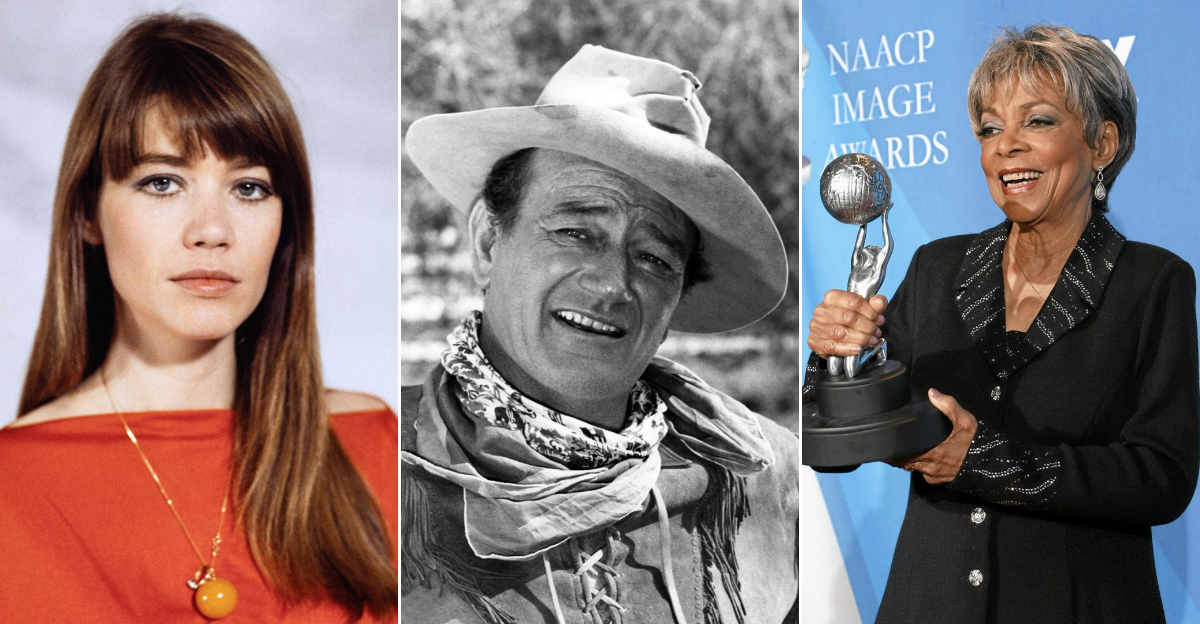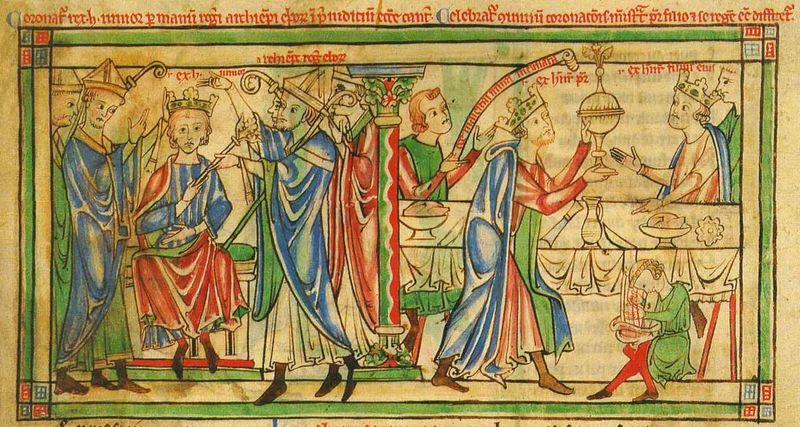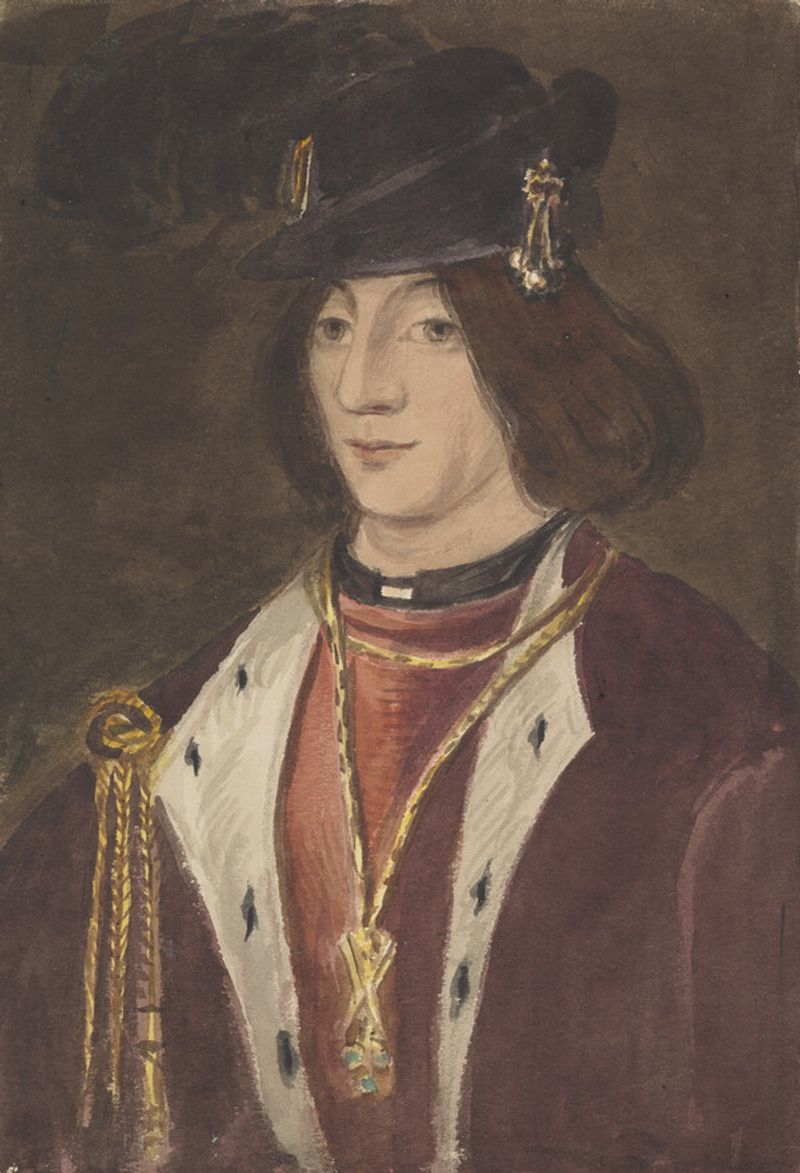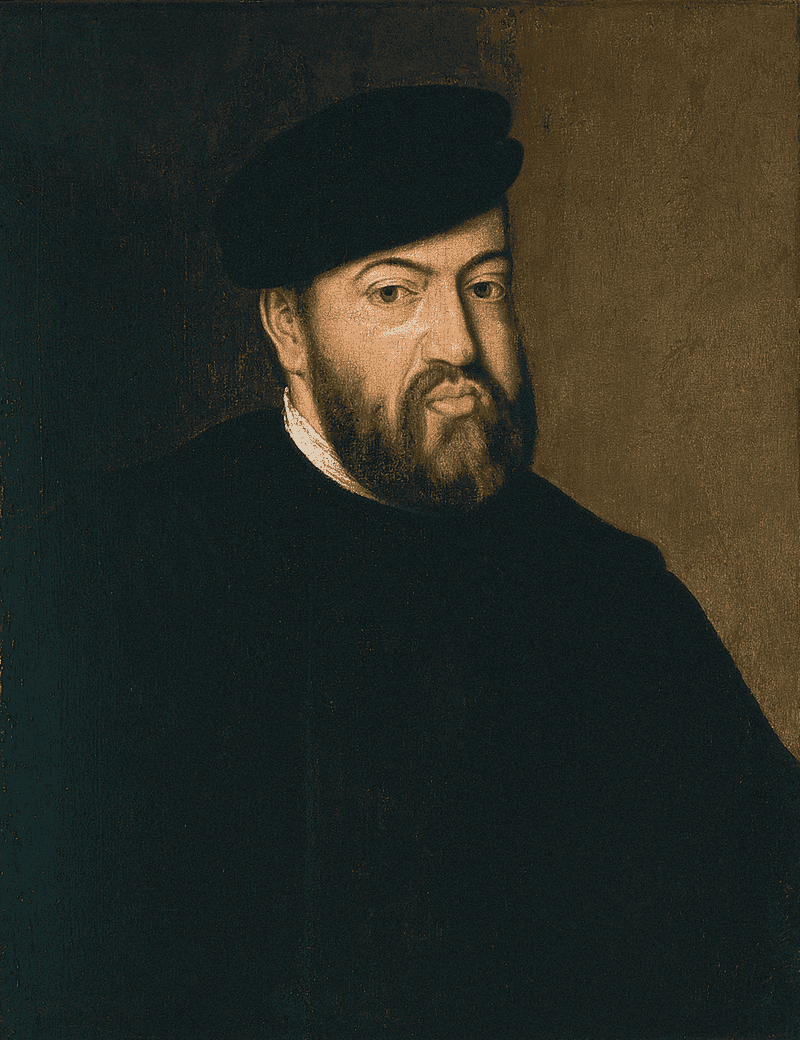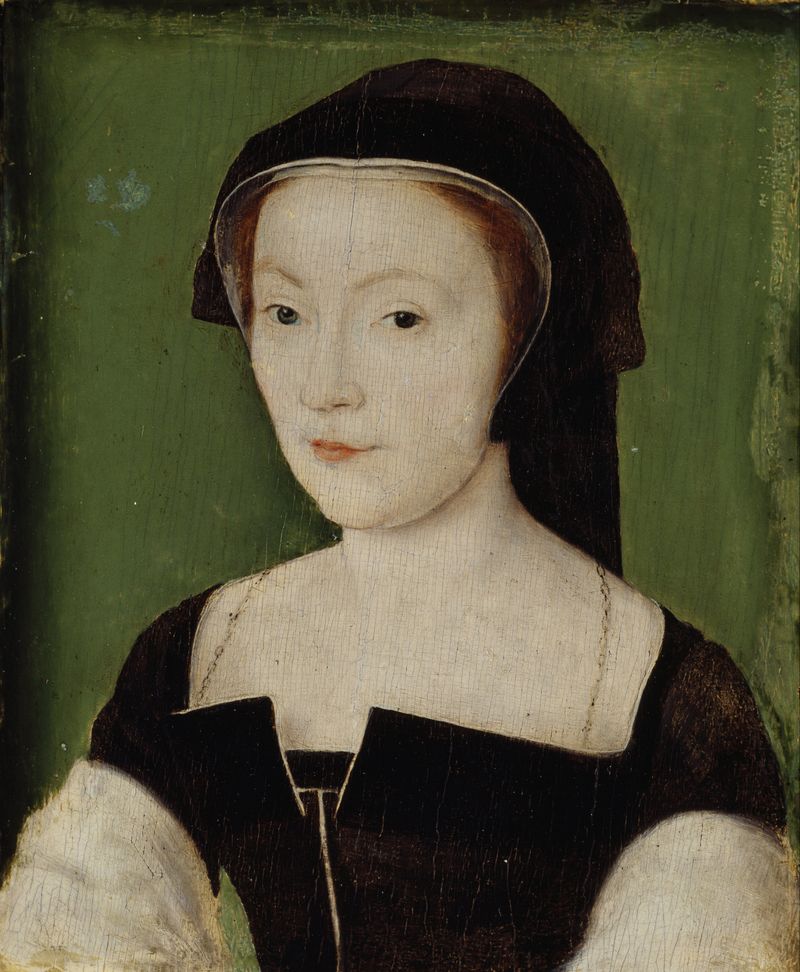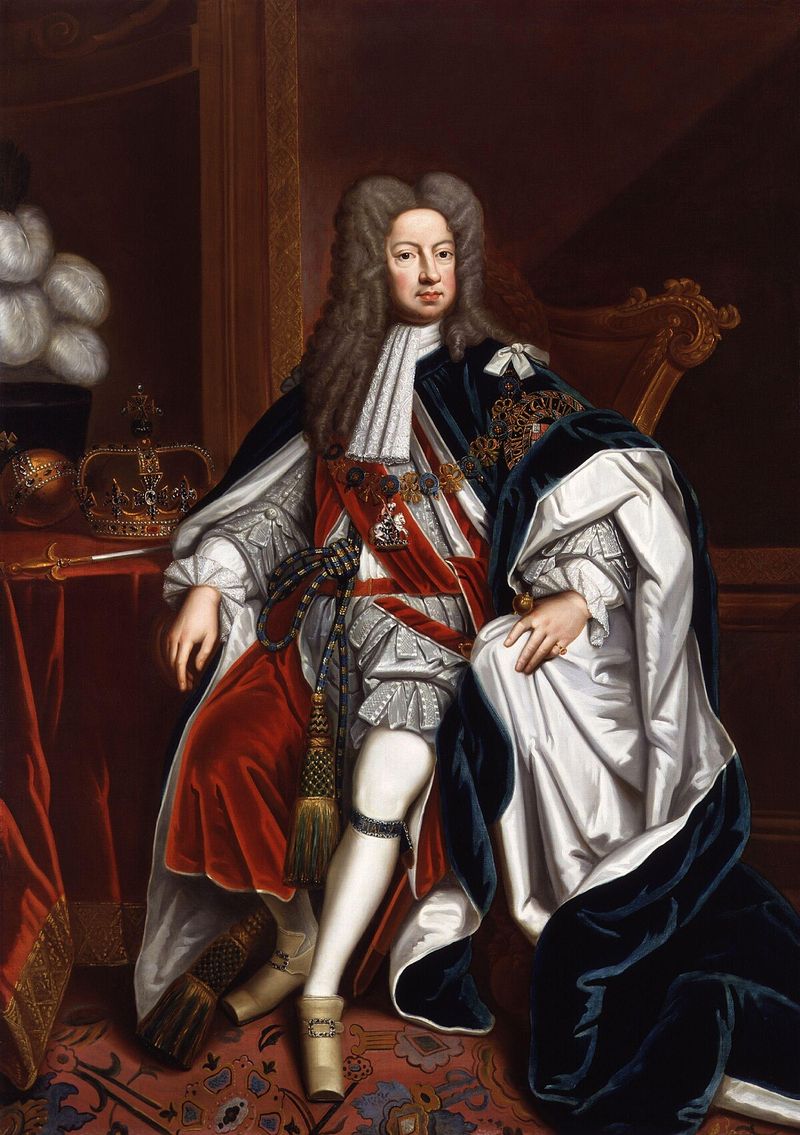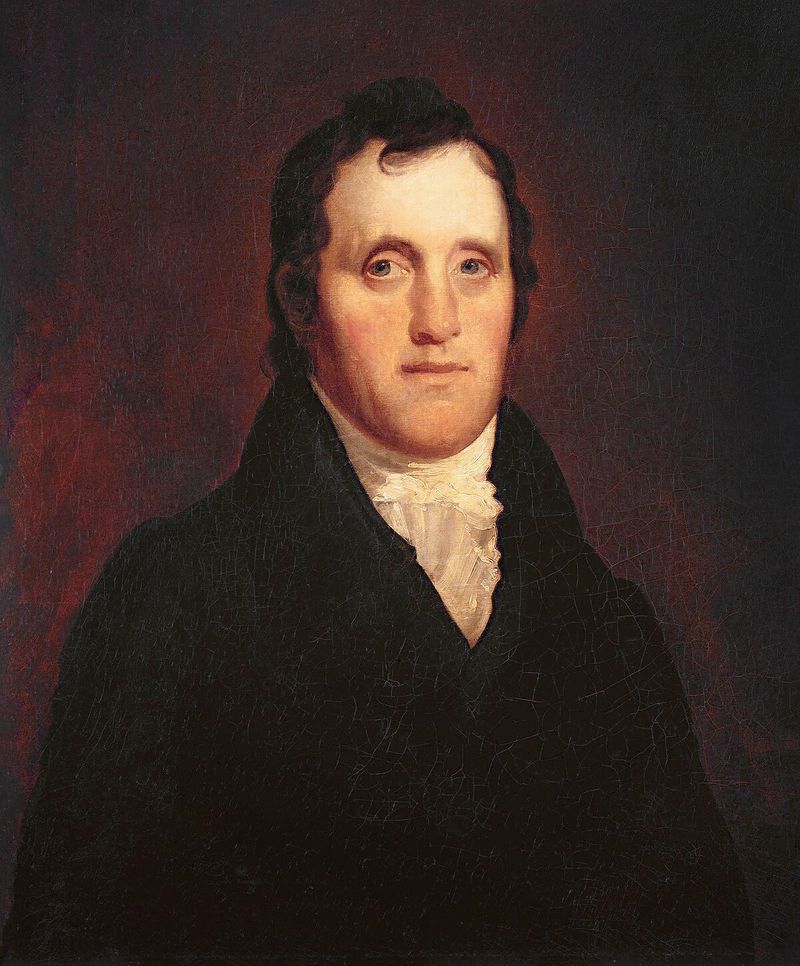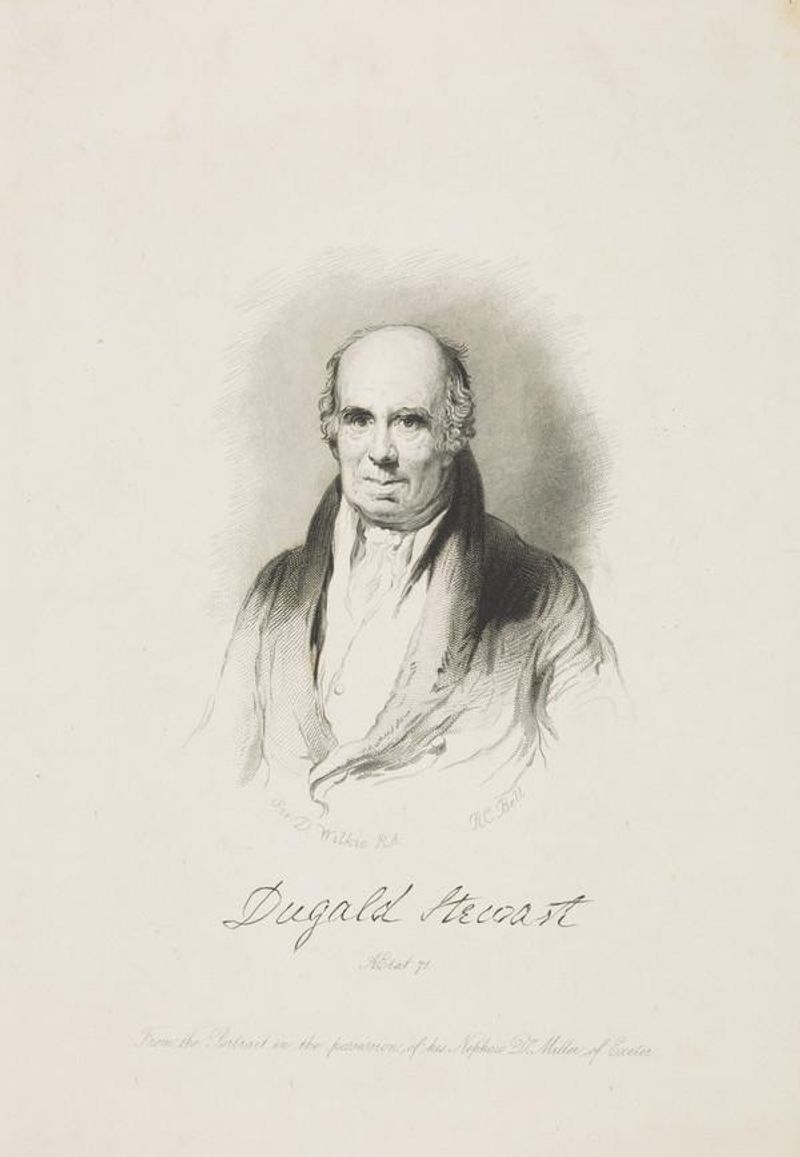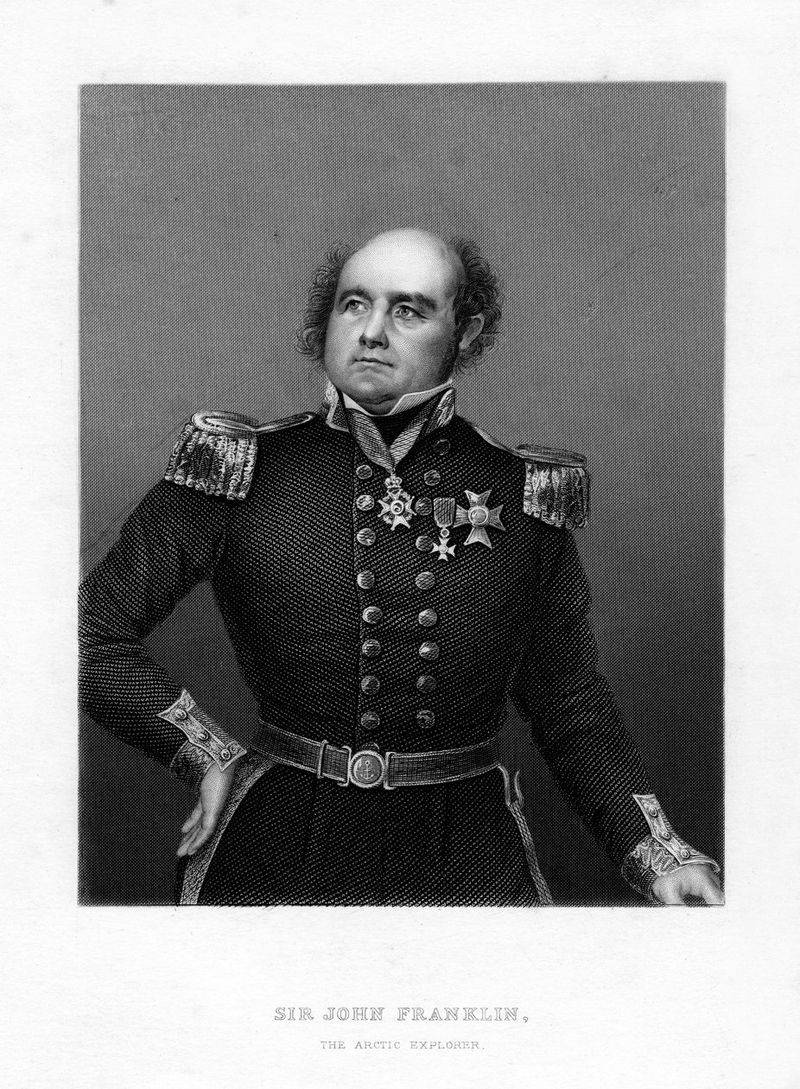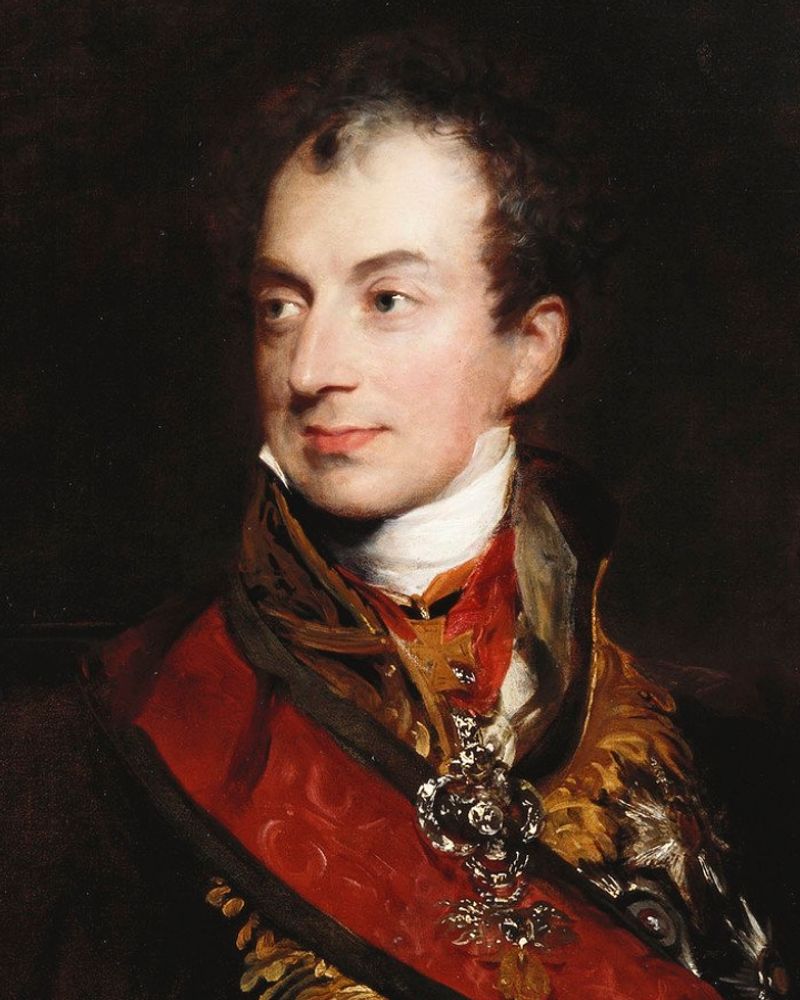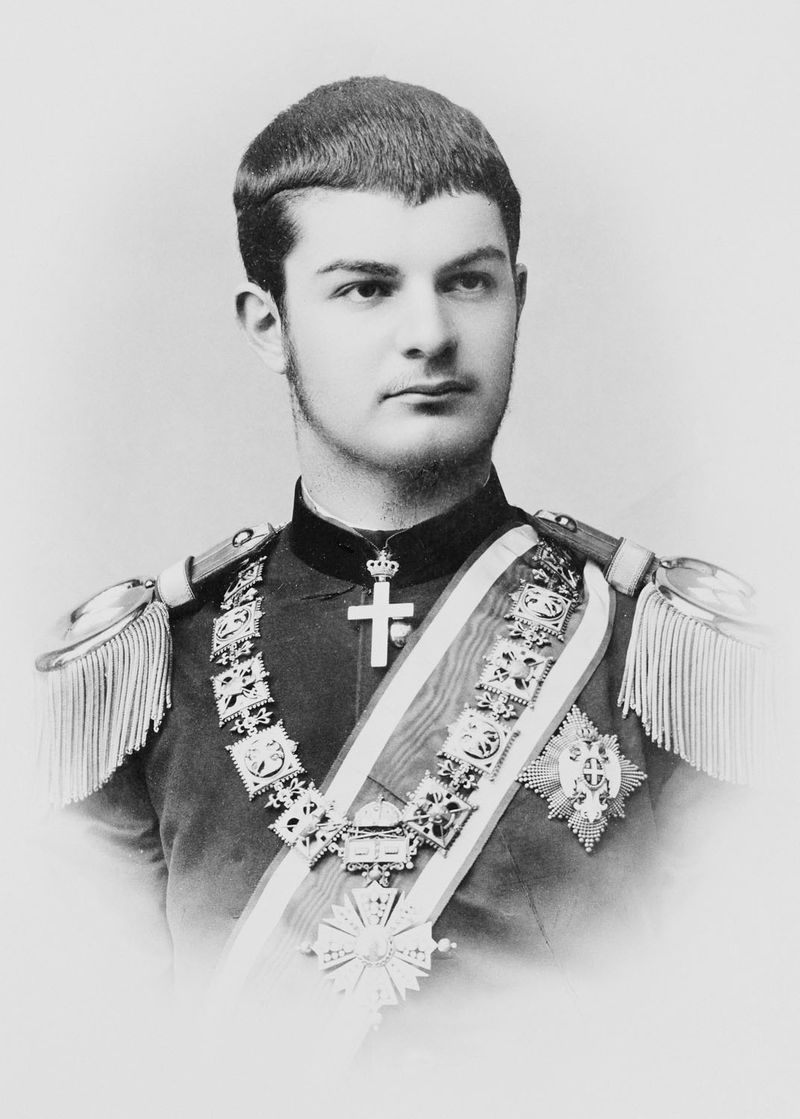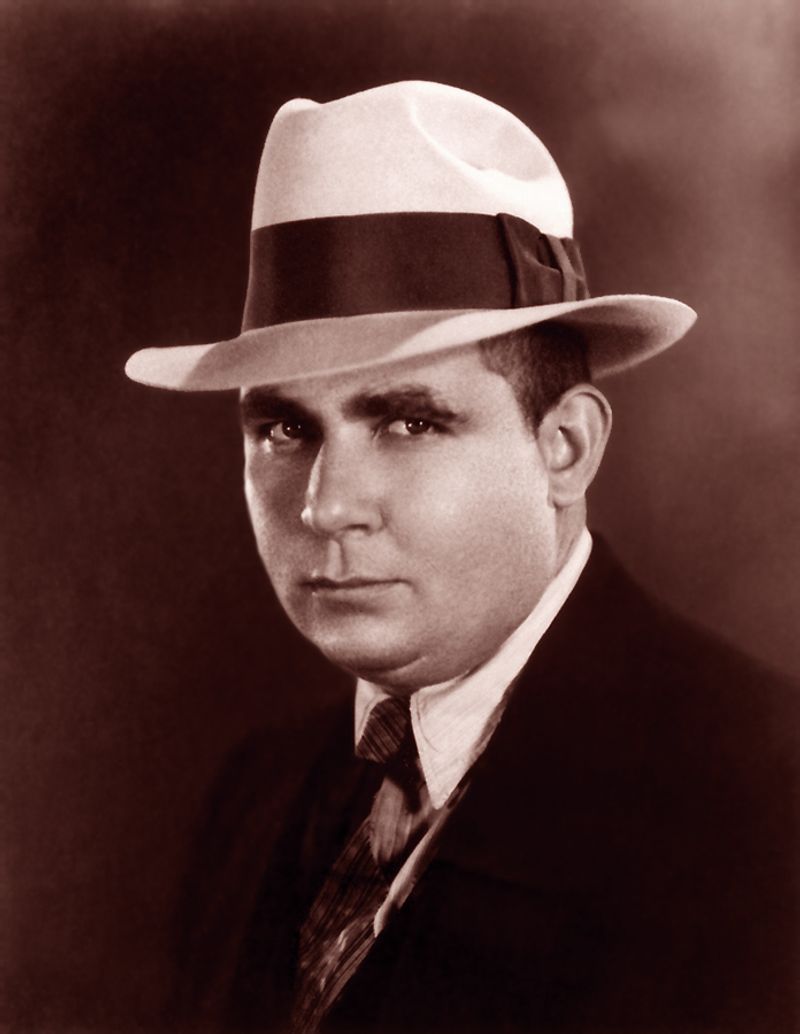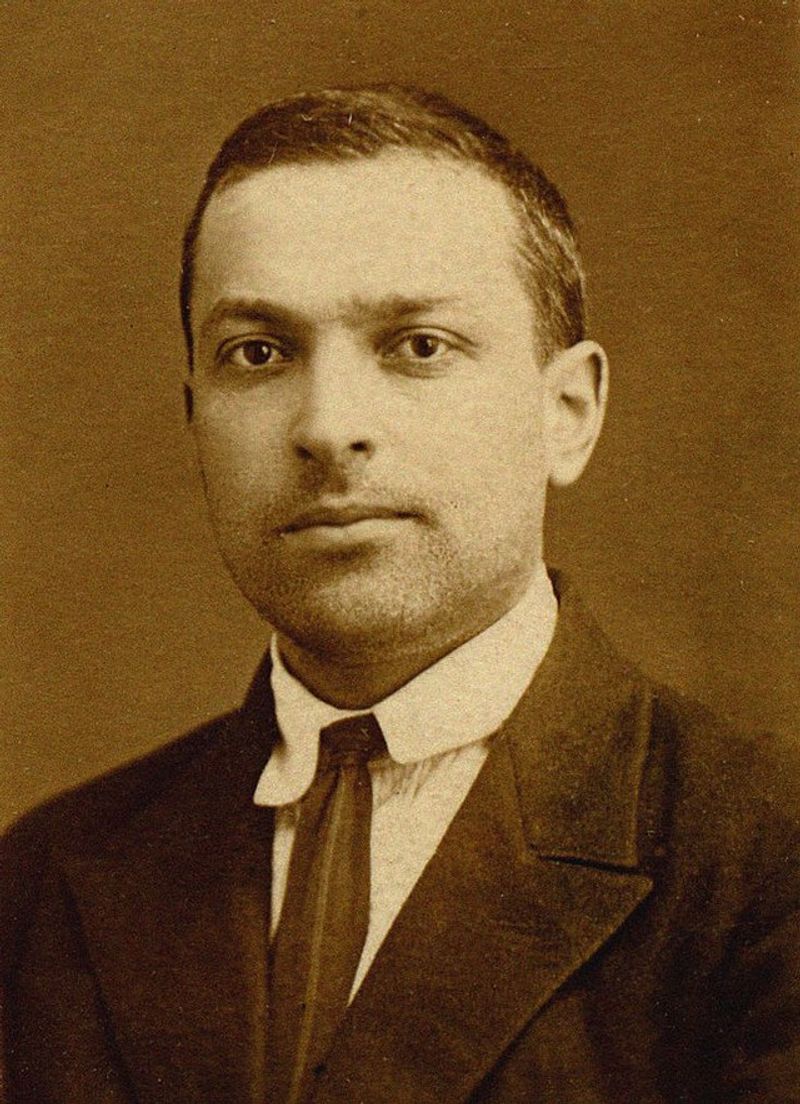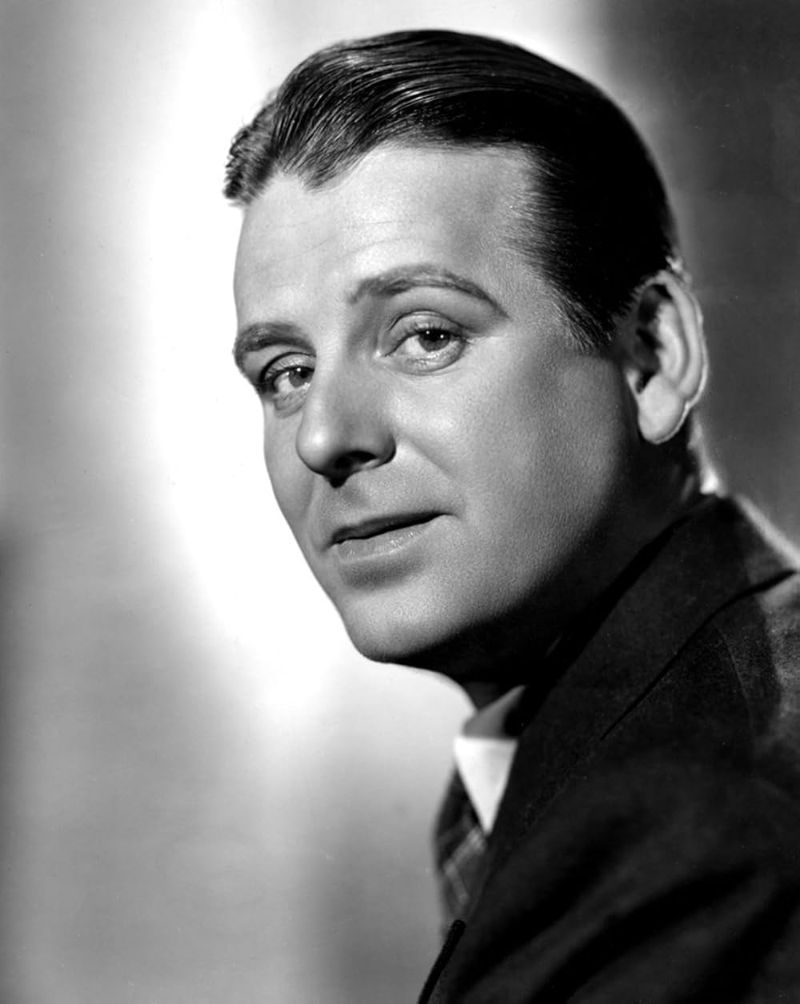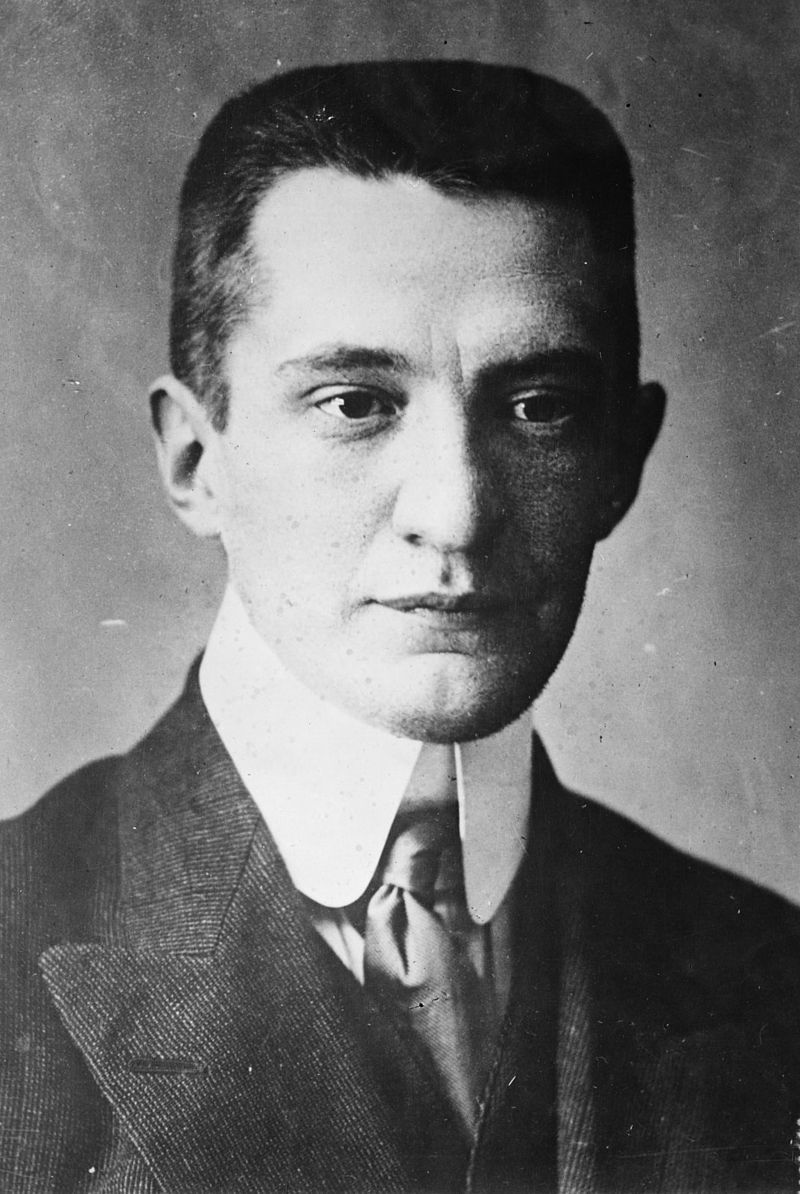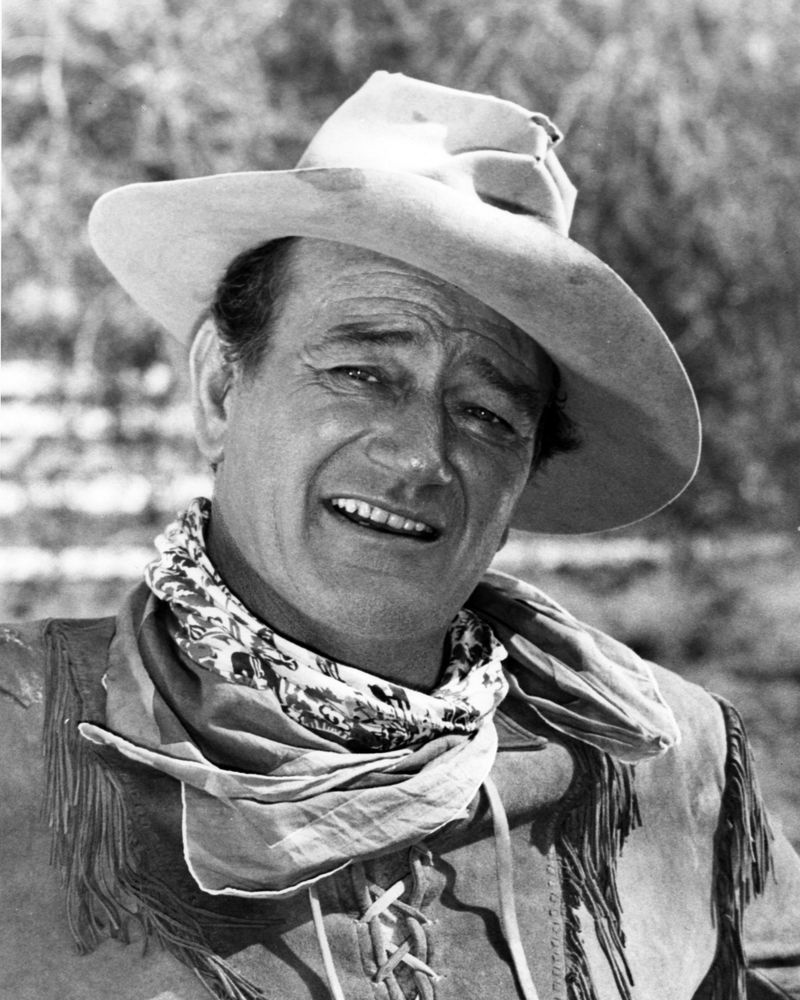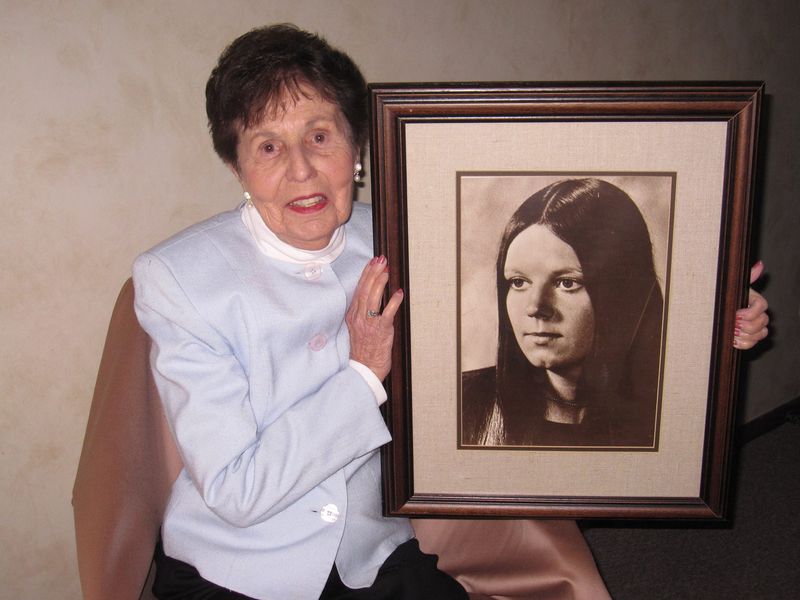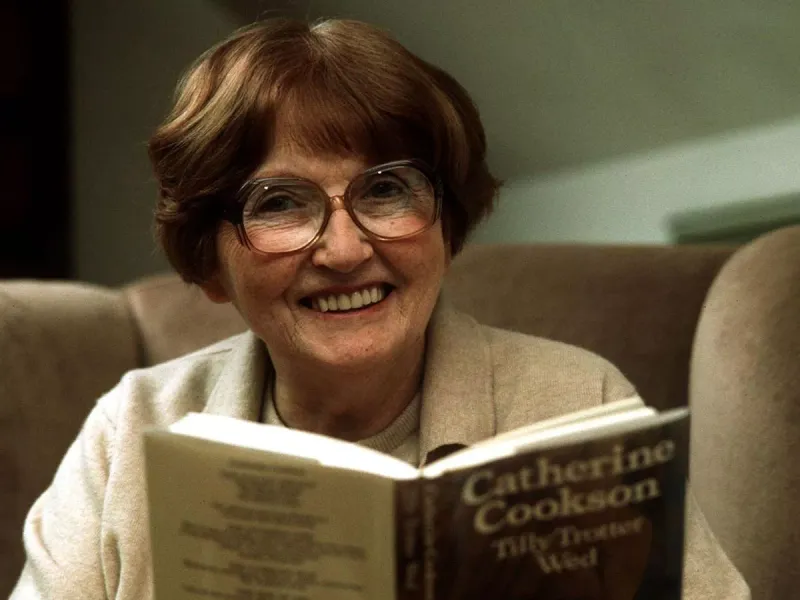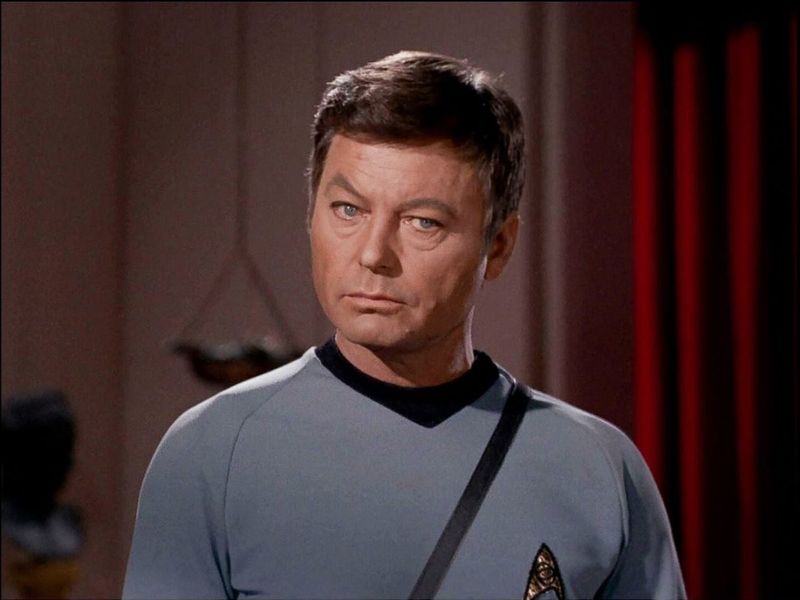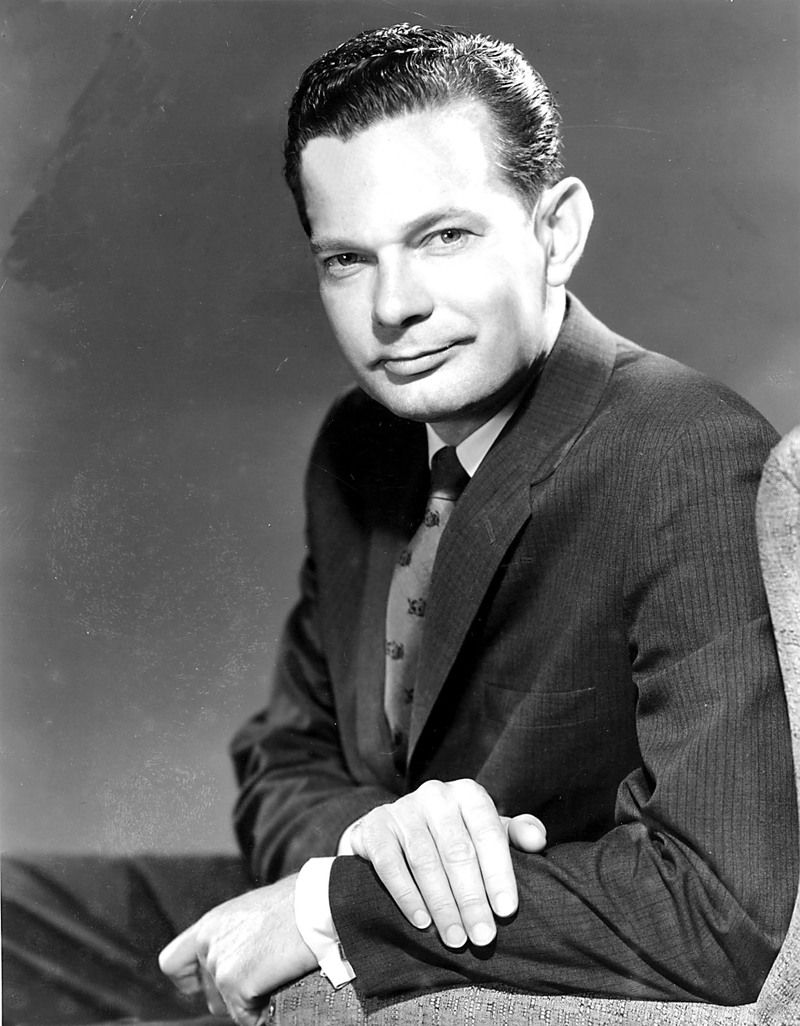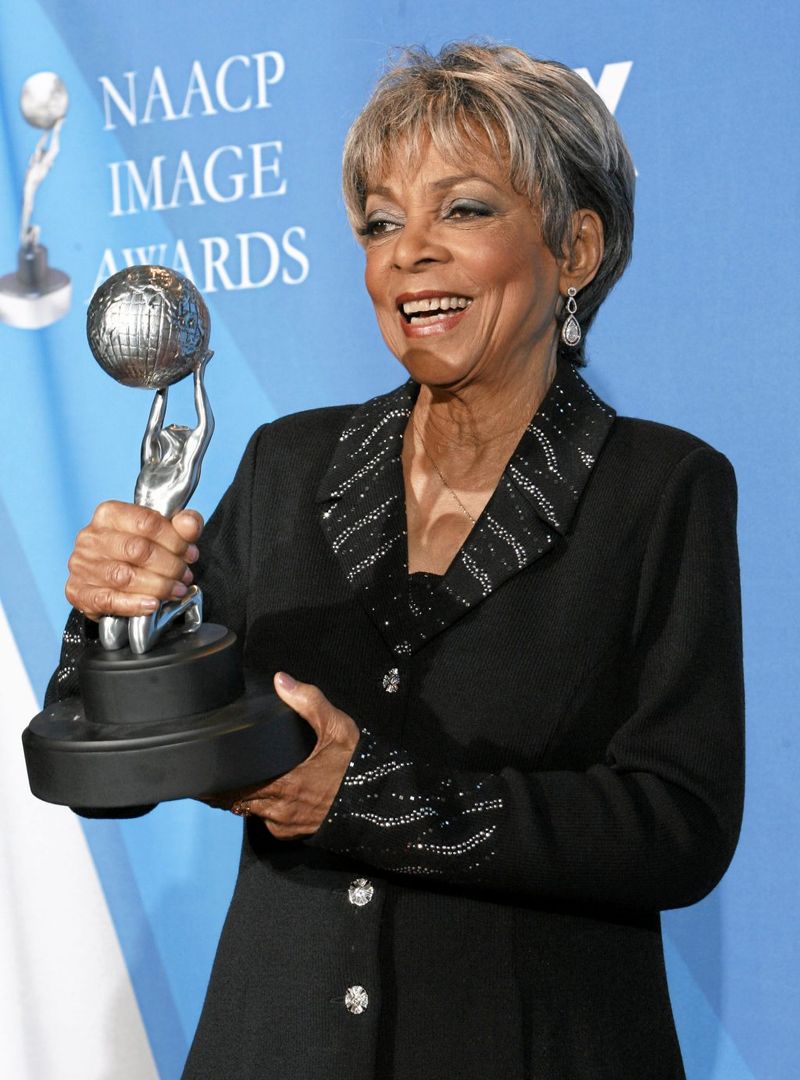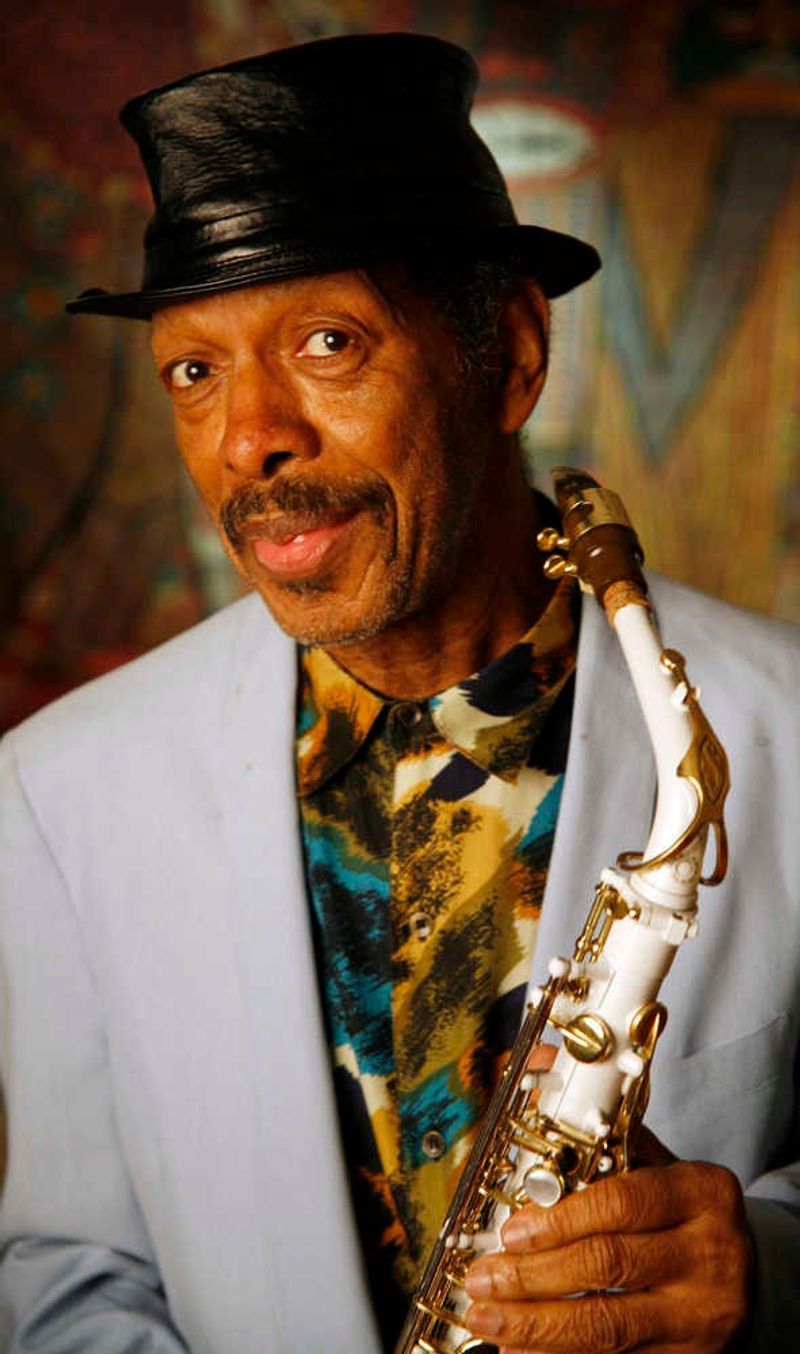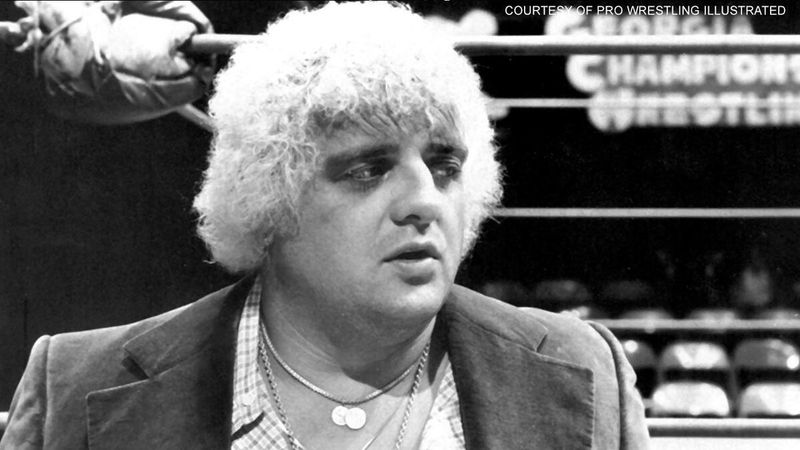June 11 has historically been a day marked by the passing of many notable figures. From royalty to artists, each individual left an indelible mark on history. This blog post explores 23 such figures, shedding light on their lives and contributions.
1. Henry the Young King, English Royalty, 1183
In the prime of his life, Henry the Young King harbored ambitions as vast as the English landscapes he was to one day rule. Born into royalty, he was crowned in 1170 while his father, Henry II, still reigned, a rare tradition at the time. His charm was admired by many, making him a beloved figure.
Despite his royal status, Young Henry sought adventure, often participating in tournaments that showcased his bravery and valor. One might wonder how history would have unfolded had he not succumbed to dysentery in 1183, leaving aspirations unfulfilled.
His death marked a turning point in English history, as the throne’s succession navigated uncharted paths.
2. James III of Scotland, King of Scots, 1488
James III’s reign over Scotland was as tumultuous as the rugged landscapes of his homeland. Known for his keen interest in the arts, he was an eccentric figure who often clashed with his nobles. His desire to centralize power, however, led to immense strife.
Despite the challenges, James’s vision for a unified Scotland is remembered. His downfall came during the Battle of Sauchieburn, where betrayal cost him his life.
Today, his reign sparks curiosity, as historians ponder the potential of a Scotland united under his ambitious rule.
3. John III of Portugal, King of Portugal, 1557
King John III of Portugal, often referred to as the ‘Pious,’ left a profound legacy through his devout Catholic faith and establishment of the Inquisition in Portugal. His reign marked significant exploration efforts, expanding Portugal’s influence globally.
Under his rule, the Portuguese empire reached its zenith, spanning continents and fostering cultural exchanges. Though his efforts to strengthen the church sometimes caused domestic strife, his impact on Portugal’s global stature was undeniable.
His death in 1557 ended an era of vigorous expansion and religious fervor, leaving a kingdom poised on the brink of change.
4. Mary of Guise, Queen Consort and Regent of Scotland, 1560
Mary of Guise’s life was marked by her diplomatic acumen and unwavering commitment to her daughter, Mary, Queen of Scots. As Queen Consort and later Regent, she navigated the treacherous waters of Scottish politics with grace and determination.
Her regency was a period of profound change, as she sought to align Scotland with France against English encroachment. Her untimely death in 1560 was a poignant moment in Scottish history.
Her legacy is one of resilience and strategic diplomacy, as she endeavored to secure her daughter’s throne amidst tumultuous times.
5. George I of Great Britain, Monarch, 1727
George I, originally from the German state of Hanover, ascended the British throne in 1714, marking the beginning of the Georgian era. His reign was characterized by the establishment of a stable parliamentary system, a hallmark of modern British governance.
Despite his limited English, George I’s pragmatic approach to ruling bridged cultural divides, solidifying his legacy as a monarch who laid the foundations for Britain’s future prosperity. His death in 1727 brought the end of his transformative reign.
Today, he is remembered for his significant contributions to Britain’s political landscape.
6. Daniel D. Tompkins, 6th U.S. Vice President, 1825
Daniel D. Tompkins served as the sixth Vice President of the United States under James Monroe. His tenure was marked by his efforts to improve the military defense of New York City during the War of 1812, showcasing his dedication to public service.
Despite personal financial troubles, Tompkins remained committed to his political duties. His advocacy for abolishing slavery in New York highlights his progressive ideals.
Passing in 1825, his contributions to American politics and social justice remain noteworthy, capturing the spirit of a man ahead of his time.
7. Dugald Stewart, Scottish Philosopher, 1828
Dugald Stewart, a towering figure in philosophy, left an indelible mark on Scottish Enlightenment. His teachings at the University of Edinburgh shaped generations of thinkers, and his works bridged the gap between empirical and ethical philosophy.
Known for his eloquence, Stewart’s lectures were a beacon of intellectual pursuit. His death in 1828 marked the end of an era for Scottish intellectualism.
His legacy endures through his contributions to philosophy, influencing many who came after him, solidifying his place among the greats of his time.
8. John Franklin, British Explorer, 1847
Sir John Franklin’s life was defined by the relentless pursuit of discovery. As a British explorer, he led numerous expeditions into the Arctic, aiming to chart the elusive Northwest Passage.
His final voyage in 1845, however, ended in tragedy, with the crews of HMS Erebus and HMS Terror meeting a mysterious fate. Franklin’s commitment to exploration and his tragic end intrigued historians and adventurers alike.
The legacy of his expeditions continues to inspire curiosity and respect for the indomitable human spirit in the face of the unknown.
9. Klemens von Metternich, Austrian Statesman, 1859
Klemens von Metternich, a central figure in European diplomacy, was instrumental in shaping post-Napoleonic Europe. As Austrian Foreign Minister, he played a key role in the Congress of Vienna, aiming to restore balance of power.
His conservative policies sought to maintain stability through a delicate balance of power among European nations. Despite criticisms, his vision of peace and stability made a lasting impact.
Metternich’s influence extended beyond his death in 1859, leaving a legacy of diplomacy that defined an era of European history.
10. Alexander I of Serbia, King of Serbia, 1903
Alexander I’s reign over Serbia was fraught with political turbulence. Ascending the throne at a young age, his rule was characterized by attempts to modernize Serbia.
However, his reign ended abruptly in 1903, when a coup led to his assassination. Despite his efforts to bring about change, internal conflicts marred his time as king.
His tragic end underscored the complexities of Balkan politics, reminding future leaders of the delicate balance required to govern effectively.
11. Robert E. Howard, American Author, 1936
Robert E. Howard, the imaginative mind behind Conan the Barbarian, captivated readers with his vivid storytelling. As a pioneer of the sword and sorcery genre, his works left an enduring legacy in fantasy literature.
Despite his success, Howard faced personal struggles, culminating in his untimely death in 1936. His stories, however, continue to inspire, reflecting his passion for adventure and history.
His legacy endures through the worlds he created, forever etching his name in the annals of literary history.
12. Lev Vygotsky, Russian Psychologist, 1934
Lev Vygotsky, often hailed as the ‘Mozart of psychology,’ revolutionized the understanding of cognitive development. His theories on social interaction’s role in learning challenged conventional thought and laid the groundwork for modern educational practices.
Despite his short life, Vygotsky’s insights into the zone of proximal development and the importance of cultural context in learning remain influential.
His death in 1934 left unfinished work that scholars continue to explore, cementing his status as a visionary in psychology.
13. Wallace Ford, English-American Actor, 1966
Wallace Ford’s journey from England to Hollywood is a tale of perseverance and talent. Known for his versatility, he graced both stage and screen, leaving a lasting impression on audiences worldwide.
His roles in classic films showcased his ability to bring characters to life, earning him acclaim in the industry. Despite facing personal challenges, Ford’s passion for acting never waned.
His legacy lives on in the films that continue to entertain and inspire new generations of viewers.
14. Alexander Kerensky, Russian Political Leader, 1970
Alexander Kerensky played a pivotal role during a transformative period in Russian history. As a leader in the Russian Provisional Government, he strived to guide Russia through political upheaval.
His tenure was marked by efforts to implement democratic reforms, though ultimately short-lived as the Bolsheviks rose to power. Kerensky’s attempts to balance reform and stability remain a subject of historical analysis.
His legacy as a key figure in the Russian Revolution continues to intrigue scholars and historians alike.
15. John Wayne, American Actor, 1979
John Wayne, the quintessential Western star, embodied the rugged spirit of the American frontier. With a career spanning decades, his performances in classic films earned him an enduring place in cinematic lore.
Known for his distinctive voice and commanding presence, Wayne’s legacy extends beyond film, capturing the essence of a bygone era. His life off-screen, marked by patriotism and resilience, further endeared him to fans.
His death in 1979 marked the end of an era in Hollywood, yet his films continue to inspire admiration.
16. Karen Ann Quinlan, Right-to-Die Activist, 1985
Karen Ann Quinlan’s case brought national attention to the right-to-die movement. After falling into a persistent vegetative state, her parents fought for the right to remove her from life support.
Her situation highlighted the need for clear medical ethics surrounding end-of-life decisions. The legal battle that ensued paved the way for significant changes in how such cases were handled.
Quinlan’s legacy endures as a pivotal moment in bioethics, prompting discussions on patient rights and medical autonomy.
17. Catherine Cookson, British Novelist, 1998
Catherine Cookson’s novels captured the heart of the British working class, drawing from her own life’s challenges. Her prolific writing career produced numerous bestsellers, resonating with readers worldwide.
Her stories, rich with emotion and drama, mirrored the struggles and triumphs of everyday people. Despite personal hardships, Cookson’s dedication to her craft never faltered.
Her influence on literature remains strong, as her works continue to entertain and inspire new generations of readers.
18. DeForest Kelley, American Actor, 1999
DeForest Kelley, best known for his role as Dr. Leonard ‘Bones’ McCoy on ‘Star Trek,’ became a beloved figure in science fiction. His portrayal brought warmth and humor to the iconic series, endearing him to fans.
Kelley’s career spanned decades, yet it was his role in ‘Star Trek’ that cemented his legacy. His contributions to the show and the genre are celebrated by enthusiasts worldwide.
His death in 1999 marked the end of an era for ‘Star Trek,’ but his character’s spirit lives on in the franchise.
19. David Brinkley, American Newscaster, 2003
David Brinkley was a staple of American broadcast journalism, known for his insightful reporting and distinctive delivery. His work on programs like ‘The Huntley-Brinkley Report’ set a standard for excellence in news coverage.
Brinkley’s career spanned over five decades, during which he covered pivotal events in American history. His ability to convey the news with clarity and authority earned him a lasting legacy.
His death in 2003 marked the end of an era in journalism, yet his influence endures through the standards he set.
20. Ruby Dee, American Actress and Activist, 2014
Ruby Dee’s talent transcended the stage and screen, as she also became a fierce advocate for civil rights. Her performances in films and plays showcased her versatility as an actress.
Beyond acting, Dee’s commitment to social justice shone through her activism, working alongside figures like Martin Luther King Jr. Her legacy is one of artistry intertwined with advocacy.
Her death in 2014 left a void in both the entertainment industry and the civil rights movement, yet her impact remains profound.
21. Ornette Coleman, American Jazz Saxophonist, 2015
Ornette Coleman, a revolutionary figure in jazz, challenged musical conventions with his innovative free jazz style. His compositions broke away from traditional structures, leaving a lasting imprint on the genre.
His adventurous spirit and unique sound garnered both acclaim and controversy, yet his influence is undeniable. Coleman’s work continues to inspire musicians across generations.
His death in 2015 marked the end of a pioneering career, yet his legacy resonates within the world of jazz and beyond.
22. Dusty Rhodes, American Professional Wrestler, 2015
Dusty Rhodes, known as ‘The American Dream,’ captivated wrestling fans with his charisma and larger-than-life persona. His in-ring talent and unique promos made him a beloved figure in professional wrestling.
Rhodes’ career spanned decades, during which he became a three-time NWA World Heavyweight Champion. His influence extends beyond the ring, inspiring future generations of wrestlers.
His passing in 2015 left a lasting legacy in the wrestling world, where he remains celebrated for his contributions and spirit.
23. Francoise Hardy, French Singer and Actress, 2024
Francoise Hardy’s voice and style defined an era of French pop music. With a career beginning in the 1960s, she became an icon of music and fashion, known for her enchanting vocals and chic aesthetic.
Her songs resonated with audiences, transcending language barriers and making her a beloved figure worldwide. Hardy’s influence on both music and fashion endures, as new generations discover her timeless appeal.
Her death in 2024 marks the end of a remarkable career, yet her artistic legacy continues to inspire.
